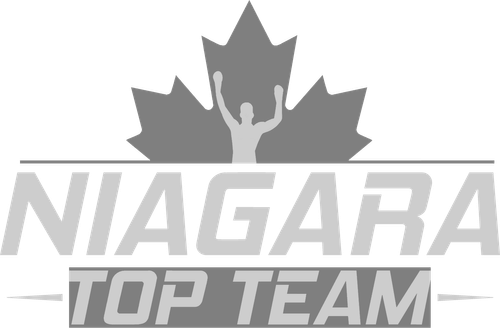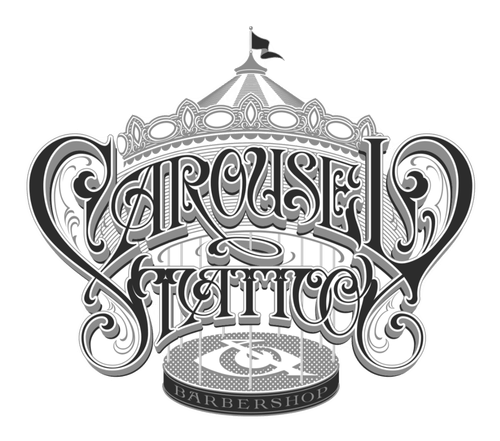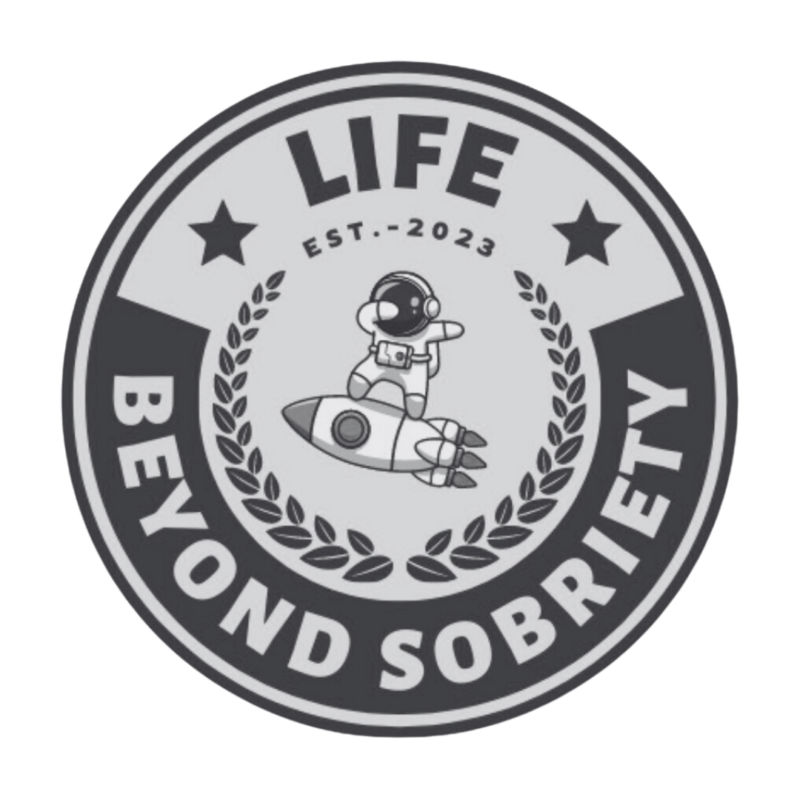The Landscape of Rehab Centers in Ontario
The province of Ontario, home to a dynamic and diverse community, offers a wide array of alcohol rehab centers. These facilities range from large, private institutions with luxurious amenities to smaller, community-based centers. This variety ensures that individuals seeking recovery have access to services that can cater to different needs, preferences, and budgets.
In Ontario, both public and private rehab facilities provide essential services. Public centers are often government-funded, offering low-cost or free options, while private ones may provide personalized, comprehensive care at a higher expense. This landscape creates opportunities for those seeking help to find the facility that aligns best with their personal and financial circumstances.
The Role of Holistic Approaches in Recovery
In the realm of alcohol rehab centers Ontario Canada, holistic approaches are gaining prominence. These methods focus on healing the whole person, addressing not just the physical symptoms of addiction but also the mental, emotional, and spiritual facets. Centers like Twelve Mile Recovery in Niagara advocate for such integrative methods, acknowledging that a one-size-fits-all model often falls short.
By incorporating therapies like mindfulness, yoga, and martial arts, holistic centers aim to foster resilience and self-discipline in clients. These therapies help clients manage stress and develop healthier coping mechanisms, essential factors for successful and sustained recovery.
Offering a trauma-informed approach, these centers recognize that many individuals with addiction histories have underlying trauma. Addressing this root cause can be pivotal in preventing relapse and promoting lasting change.
Inpatient vs. Outpatient Care Options
Understanding the Differences
Inpatient and outpatient care are two primary structures offered by alcohol rehab centers Ontario Canada. Inpatient treatment involves residing at the facility full-time, providing a structured environment and 24/7 support. This intensive care is often beneficial for those with severe addictions or co-occurring mental health issues.
Benefits and Considerations
Conversely, outpatient programs allow individuals to continue with their daily lives while attending scheduled therapy sessions. This flexibility is crucial for those unable to take extended time away from work or family. However, it requires a high level of personal discipline, as access to external influences remains.
Deciding between inpatient and outpatient care depends on several factors, including the severity of the addiction, personal responsibilities, and financial resources. Consulting with a healthcare professional can help determine the most suitable path.
Personalized Treatment Plans: A Cornerstone of Effective Rehab
The effectiveness of an alcohol rehab center often hinges on its ability to offer personalized treatment plans. Recognizing that each individual’s journey with addiction is unique, centers like Twelve Mile Recovery tailor their approaches to meet specific needs and goals, increasing the likelihood of a successful outcome.
These plans often incorporate a mix of evidence-based therapies, group sessions, and holistic practices, adapting as the individual’s needs evolve throughout the recovery process. This adaptability is crucial in maintaining engagement and progress.
Having a say in their treatment helps empower clients, making them active participants in their recovery, which can foster a stronger commitment to the process.
The Importance of Environment and Community Support
An integral aspect of successful rehabilitation is the environment where recovery takes place. Alcohol rehab centers in Ontario, like Twelve Mile Recovery, emphasize creating safe, nurturing spaces. These environments are carefully designed to minimize stress and external pressures, offering a sanctuary for recovery.
Community support is another vital component. Being surrounded by individuals who share similar struggles offers a sense of belonging and mutual understanding. Peer support groups and alumni networks often become pivotal in an individual’s ongoing recovery journey, providing encouragement and shared experiences.
Additionally, family involvement in the treatment process can significantly enhance outcomes, as it addresses relational dynamics and fosters a supportive home environment post-recovery.
The Impact of Evidence-Based Practices in Rehab
Alcohol rehab centers Ontario Canada are increasingly integrating evidence-based practices into their treatment protocols. Approaches such as cognitive-behavioral therapy (CBT), motivational interviewing, and trauma-informed care have proven effective in addressing addiction’s complexities.
Employing these scientifically supported methodologies ensures that clients receive treatment that is not only credible but also adaptable to diverse needs. Such practices are critical in equipping individuals with the tools necessary for relapse prevention and long-term sobriety.
Coupled with a personalized treatment plan, these evidence-based therapies form a robust framework for lasting recovery.
The Role of Professional and Peer Support in Recovery
The journey to recovery is often bolstered by a combination of professional guidance and peer support. At centers like Twelve Mile Recovery, both elements are integral to the treatment process, providing individuals with a comprehensive support network.
Professional support from therapists and counselors offers expert guidance, helping clients navigate the complexities of addiction and recovery. These professionals utilize their training and experience to facilitate healing and personal growth.
Peer support, on the other hand, provides relatability and camaraderie. Sharing experiences with others who have faced similar challenges can be immensely reassuring and motivating, often leading to lasting friendships and support systems that extend beyond the treatment period.
This dual support model ensures that individuals are supported from multiple angles, enhancing the overall effectiveness of the rehab experience.
Economic Aspects of Alcohol Rehab in Ontario
While the cost of rehab can vary widely across alcohol rehab centers Ontario Canada, it’s critical to view it as an investment in one’s future. Public facilities often provide minimal or no-cost services, though they may have waitlists due to high demand.
Private centers, although more costly, typically offer immediate admission and a broader range of personalized services, including luxurious amenities. These features can make the recovery experience more comfortable, though they come at a premium.
Insurance coverage, payment plans, and sliding scale fees are options available at many centers, making treatment more accessible. It’s advisable to explore these financial avenues beforehand to ensure that cost does not become a barrier to accessing necessary care.
Success Stories and Lasting Impact
Inspiring Journeys
Stories from individuals who have undergone treatment at centers like Twelve Mile Recovery serve as powerful testaments to the impact of effective rehab. Clients often speak of renewed hope, regained confidence, and transformed perspectives.
Long-lasting Change
The changes experienced during and after rehab often lead to reconciliation with family, improved work performance, and a healthier lifestyle. These transformations are not only beneficial to the individual but also positively impact their community and loved ones.
Listening to these success stories can be inspiring for those considering rehab, offering a glimpse into the potential for life beyond addiction.
Exploring the Future of Rehab Centers in Ontario
As addiction treatment advances, the future of alcohol rehab centers Ontario Canada appears promising. The increasing integration of technology, such as virtual therapy sessions and online support groups, broadens access to treatment.
Innovation in therapeutic approaches, including works in neuroplasticity and mindfulness, continues to emerge, offering new avenues for healing and personal growth. These advancements are pivotal in shaping how rehab centers adapt to the evolving needs of individuals seeking recovery.
By staying at the forefront of treatment methodologies, centers in Ontario are well-equipped to continue providing effective and compassionate care for many years to come.
How much does alcohol rehab cost in Ontario?
The cost of alcohol rehab in Ontario can vary significantly depending on whether you choose a public or private facility. Public centers, which are often funded by the government, may offer services at low to no cost, although they might have long waitlists. On the other hand, private rehab centers often come with immediate admission and a variety of personalized services, but at a higher cost. You might be looking at a range from a few thousand dollars to over $20,000 per month, depending on the amenities and program intensity. At Twelve Mile Recovery, we believe in offering a comprehensive approach that includes mindfulness and evidence-based therapies, making it an investment in your future self. It’s worth exploring insurance coverage and payment plans that may help offset some of these costs.
Is rehab covered by OHIP in Ontario?
OHIP, or the Ontario Health Insurance Plan, does provide coverage for some types of rehab services, typically those offered by government-funded facilities. However, coverage specifics can vary based on the type of program and services offered. For instance, OHIP may not cover certain specialized or private services, which can include a wide range of holistic or luxurious options. Twelve Mile Recovery is dedicated to making their holistic and trauma-informed care as accessible as possible by exploring available financial assistance options. You might want to contact your local health or addiction services to learn more about what is covered and what options are available to you.
What is the wait time for rehab in Ontario?
Wait times for rehab in Ontario can differ widely between public and private facilities. Public centers often have longer wait times due to high demand, which can delay access to treatment for weeks or even months. In contrast, private centers generally offer quicker admissions. At Twelve Mile Recovery, we understand the importance of timely intervention and strive to accommodate individuals as soon as possible. It’s crucial to reach out to your chosen facility directly to inquire about current wait times and plan accordingly, as timely access to care can significantly impact recovery outcomes.
What is the most popular program for recovering alcoholics?
One of the most popular programs for those recovering from alcohol addiction is the 12-step program, which is well-known for its structured approach to recovery. These programs emphasize a peer-support model and spiritual growth, making them accessible and relatable to many. However, there are also other effective options like cognitive-behavioral therapy (CBT) and mindfulness practices. Twelve Mile Recovery integrates these elements, along with unique therapies such as martial arts, to cultivate resilience and self-discipline. The key is finding a program aligned with your personal beliefs and needs. It may be beneficial to try different programs to see what resonates best with your recovery journey.
How do Canadian rehab centers incorporate trauma-informed care?
Canadian rehab centers are increasingly recognizing the critical role trauma can play in addiction. Trauma-informed care involves understanding that addiction may be a coping mechanism for underlying trauma, thus addressing these root issues is essential for long-term recovery. At Twelve Mile Recovery, we incorporate trauma-informed practices by creating a safe and supportive environment where clients can explore and heal from past traumas. Techniques such as cognitive-behavioral therapy, mindfulness, and group therapy are used to address emotional wounds and build coping strategies. By fostering a nurturing environment, we help individuals rediscover their strengths and develop resilience. If you’re considering rehab, you might reflect on how your past experiences have shaped your relationship with substance use and what support you need to heal.
Resources
- Centre for Addiction and Mental Health (CAMH) – Visit the homepage of CAMH for information on addiction treatment and mental health services in Ontario.
- Canadian Mental Health Association (CMHA) – Ontario Division – Access resources and support services for mental health and addiction through CMHA’s Ontario division.
- Partnership to End Addiction – Explore resources and tools for individuals and families struggling with addiction through Partnership to End Addiction.
- National Institutes of Health (NIH) – Learn about research and evidence-based practices in addiction treatment from the NIH.
- Substance Abuse and Mental Health Services Administration (SAMHSA) – Access resources, treatment locators, and publications related to substance abuse and mental health services.












